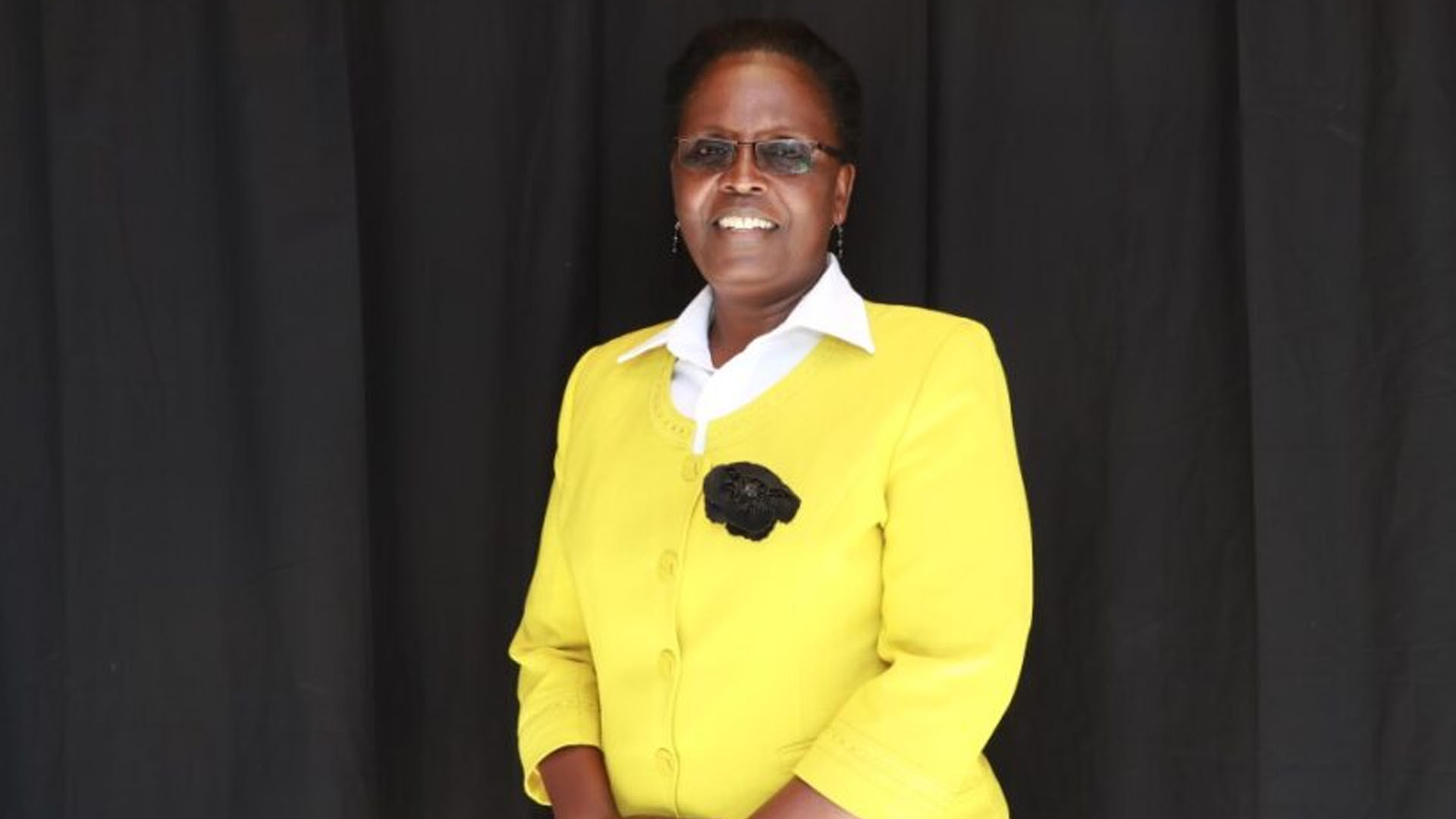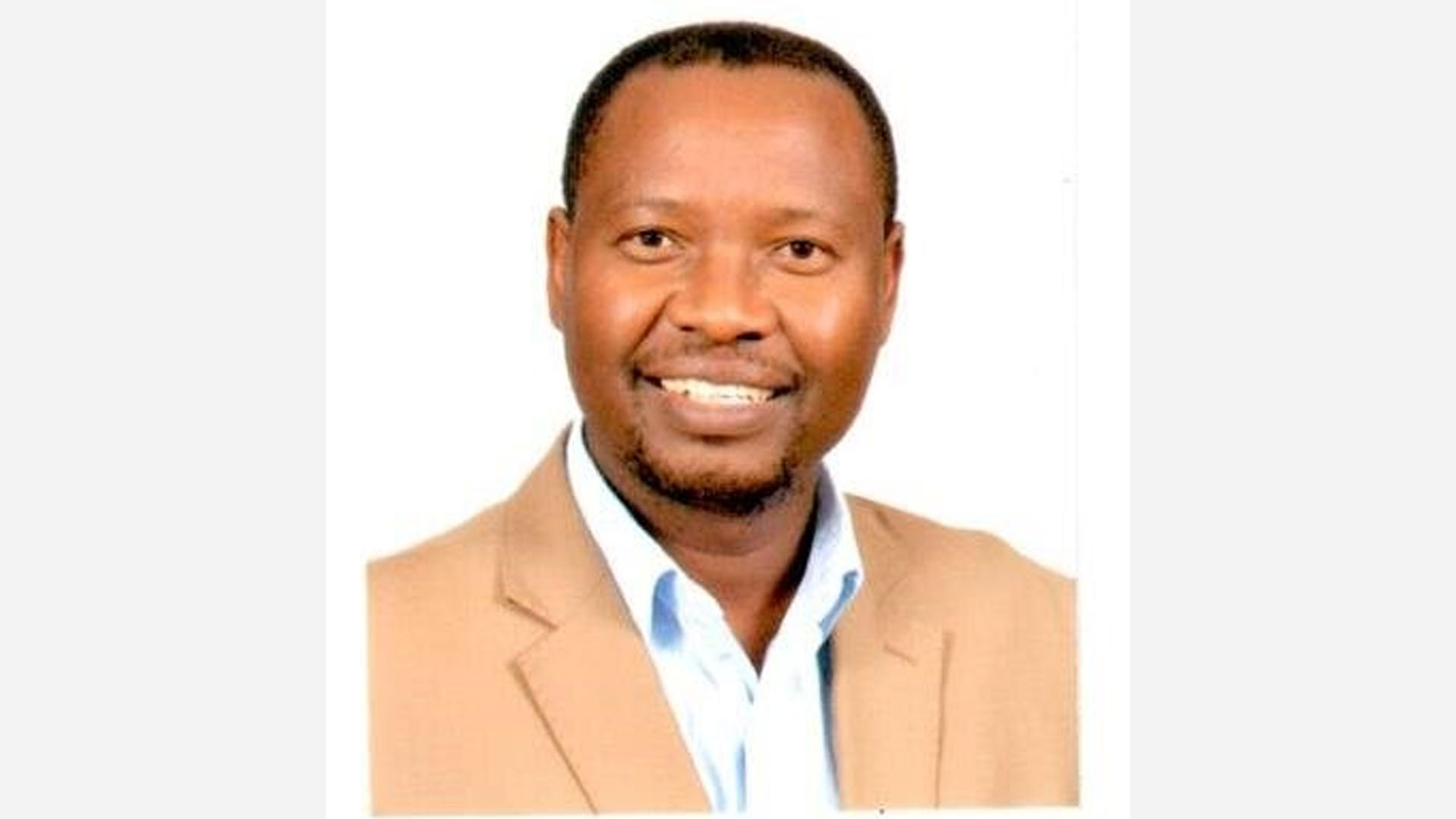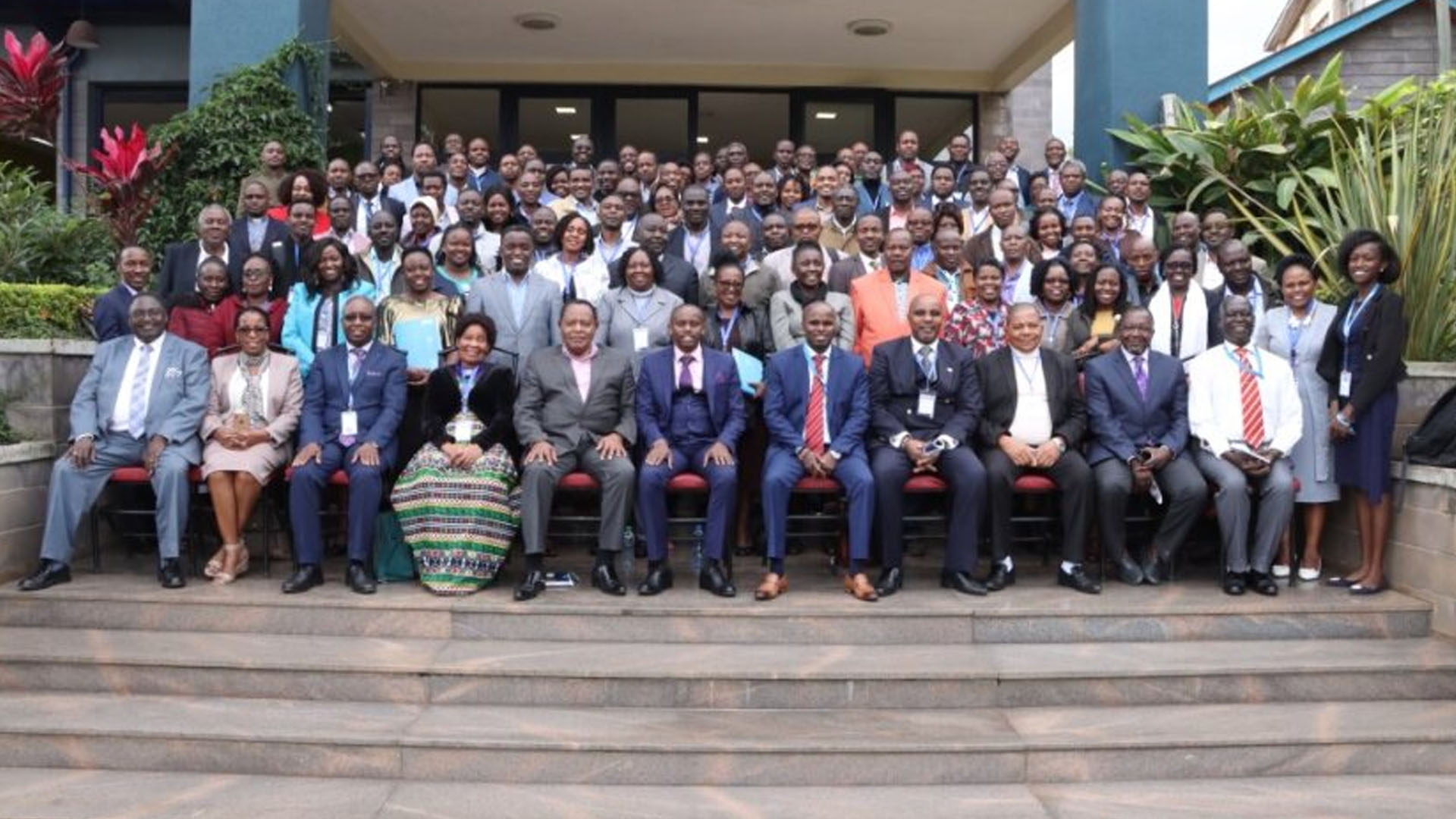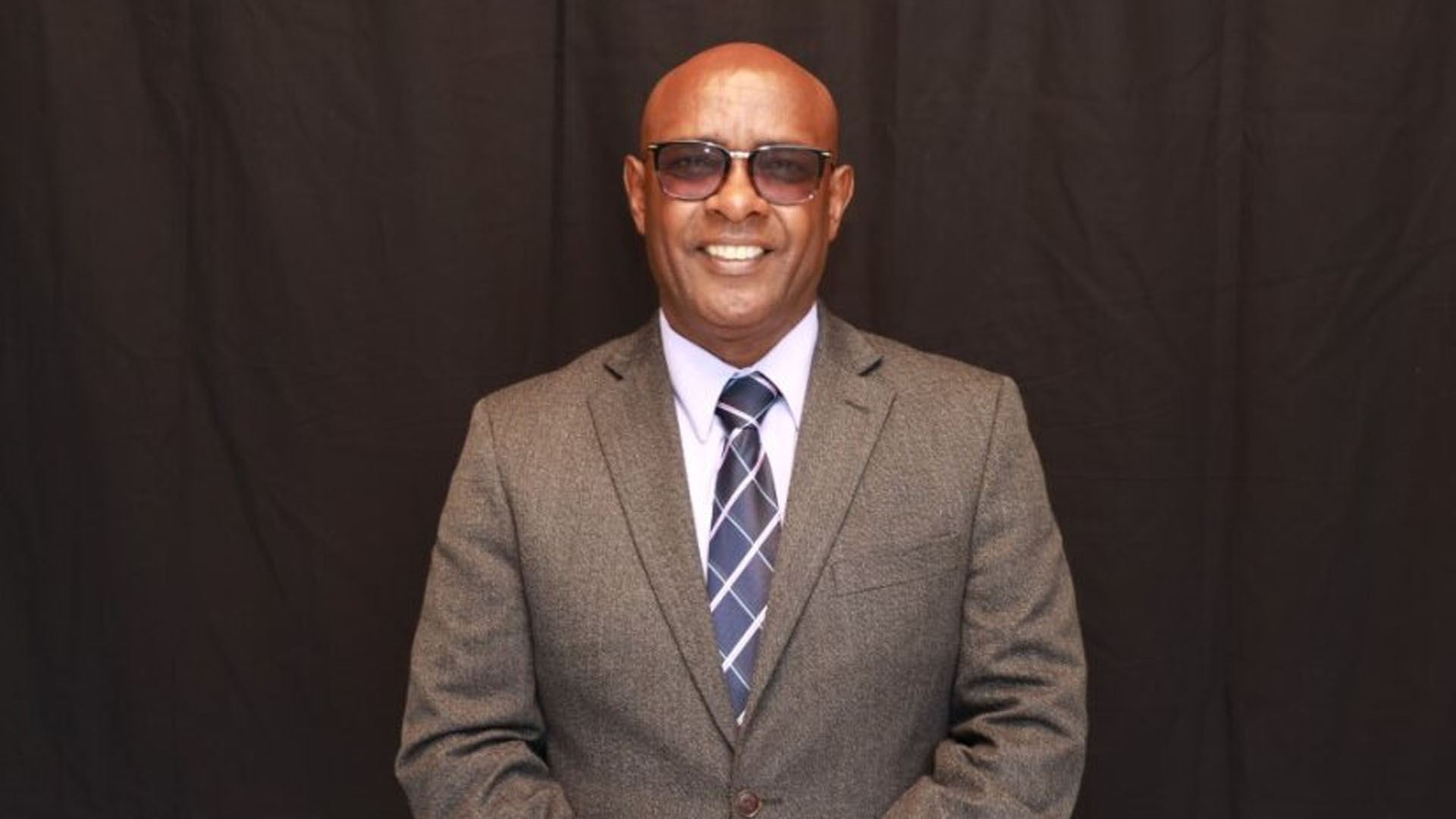Sharpening Learners’ Skills for the Job Market: The Link between Academia and Industry

- Daystar University
- 10 Nov, 2023
SCHOOL OF SCIENCE ENGINEERING
& HEALTH
By Prof. Martha Kiarie
The world is at a point where
new technologies are emerging daily, personalized medicines over traditional
general med, digitalized economies and societies through Artificial
intelligence and the big data. The use of big data leads to improved and quick
decision making, reduced costs, increased productivity, and improved customer
service including health care. Therefore, will the universities continue
teaching using the old lecture methods? This improved way of doing things must
be inculcated in the academia, otherwise the risk of universities remaining
behind and risking the future of their graduates is imminent. One way of doing
this is through a close working linkage between the industry and the academia
in the training of now and future graduates. The graduate should leave the
university with open and evolving mindset, ready to change and learn in a
changing world.
Daystar University school of
Science Engineering and Health (SSEH) produces graduates in Public Health,
Computer Engineering, Information Communication Technology, Acturial Science
and Biomedical Science. These are fields that evolve very fast with time. The
learner should therefore not only graduate but be prepared to keep up with the
changes to remain relevant. This ready and continuous learning person needs to
be prepared in collaboration and partnership with the industry he/she desires
to work in.
Writing for the Business Daily,
Africa Magazine of December 2020, Professor Scott Bellows reported that only
about 13% of those graduating from Kenyan universities annually get employment
or gainful economic activities. He argued that the market laments lack of
industry ready graduates. The industry and academia continue to blame each
other with some sectors contending that Kenya’s economic growth has been
hindered by the academia-industry disconnect. The industry claims that when
they point to the disconnect, the universities respond by creating new majors,
concentrations and at times narrow pointed programmes. These become like new
curtains or a fresh coat of paint that cannot remove the shortfall of poor
construction and conceptualization of an old house.
Development and economic
experts say, the answer lies in the universities working with the industries.
The universities as the birth place of ideas also feel they should not be relegated
to belts producing industry workers. The universities expect the industries to
reach out for new ideas, fund research, consume local research outputs instead
of consuming outputs that may not answer to local problems creating a
disconnect. The industry expects the universities to involve them in research,
problem solving, doing research that deals with societal problems away from the
mainly theoretical research, and lecturers be involved in industry- academia
exchange for experience.
Collaboration between the
industry and academia promotes technological advancement and innovation; helps
identify the needs and expectations of the society; expands the learners’ realm
for inquiry, and when correctly implemented, makes education relevant to
national development. The industries expect skilled ready to re-skill human
capital with practical training, specialized and relevant expertise. Within the
linkage, the universities would get to work on pertinent technologies and
problem solving, get to practically test their ideas and solve societal
problems while the learners and graduates get to experience the freedom to keep
learning what is relevant to them.
Close linkage between the
universities and the industry can bring quick resolution to human problems. A
good example is how the world tackled COVID-19. Upon the outbreak of the
epidemic, public health researchers were quick to come up with measures that
would reduce and slow down the transmission: wearing of masks, keeping social
distance, no shaking of hands, quarantining of the sick and isolating those
under treatment. The collaboration between researchers and biopharmaceutical
industries led to quick development of vaccines that led to the control and
stemming down the spread of COVID-19.
In seeking to respond to the
need to collaborate and partner with industry, relevant training of its
students and in strengthening of Problem Based Learning (Daystar University
chosen mode of teaching) in 2022/2023, SSEH took a number of steps. The first
step was the review of the curricular of Applied Computer Science, Information
Communication Technology (ICT), Public Health, Biomedical Science, and
Actuarial Science to align the
industry needs and include
Industrial attachment for all the programmes and Volunteerism by students
during long holidays. This ensures that the students study while in touch with
their intended place of work or business. The second step was the development
of a new programme in Bachelor of Science in Information Technology to train
students who are ready for the ever changing technology landscape. The third
step is the development of graduate programmes; Masters of Public Health (MPH)
and Masters of Science in Information Technology (MSc. IT) and Masters of
Science in Actuarial Science with Data Analytics.
These programmes are meant to
produce personnel with projected higher qualifications in their fields to solve
current and future problems through research and its application. The fourth
step is the use of alumni from the school coming to give back to the students
through boot camps, workshops, talks and expert visitation. The SSEH has made
many MOUs with relevant industries and research institutions to enable students
get attachment places and experience through volunteerism. The fifth step is
the school’s organization of field trips for the students covering relevant
industries across the country to showcase relevant places for work and
attachment for the students. Recently, Students from SSEH made a 6 day tour of
Mombasa, Malindi and the Coast region.
It is the undertaking of SSEH
that, involving the relevant industries in academia as we teach ad train our
students will enhance creativity and raise the levels of self-drive and
interest in the students within their areas of study.
To SSEH class of 2023, as you
graduate, your graduation theme: Legacy of Light; Woven in Purpose, clearly
speaks of the people you have been prepared to be. In those Computer Science,
Public Health, Biomedical, Actuarial Science and ICT classes, you were prepared
to bear light and drive purpose in your chosen fields. Remember the motto of
SSEH; Science for Service to God and Humanity, herein you find your purpose.
May God bless and keep you, may you find your purpose and serve both God and
man therein, may your life from now be God guided, may you find fulfillment and
happiness. Keep God at the centre of your life forever and you will never get lost.
Amen.
Leave a Reply
Your email address will not be published. Required fields are marked *








